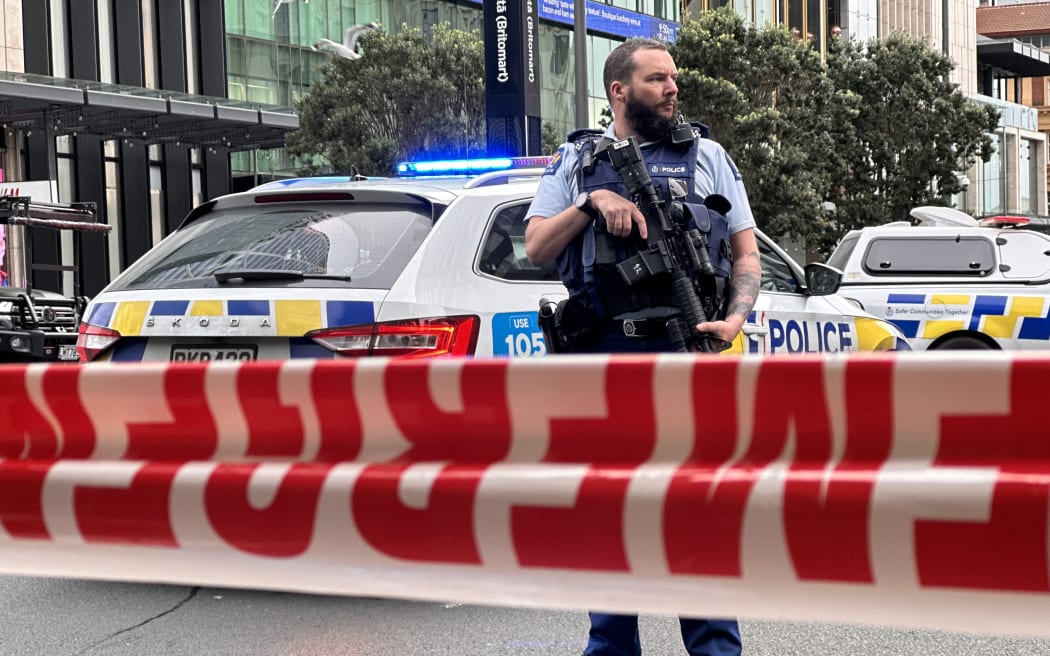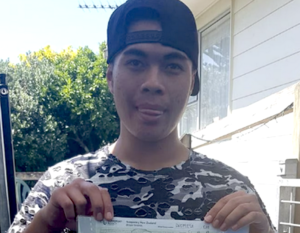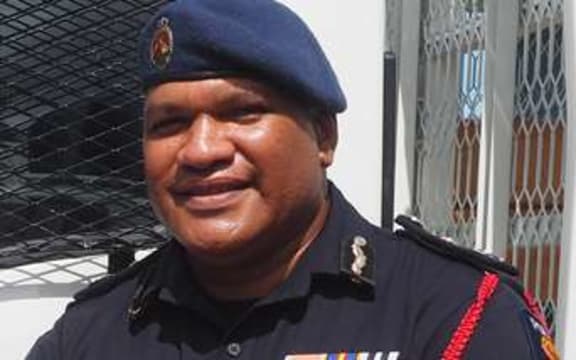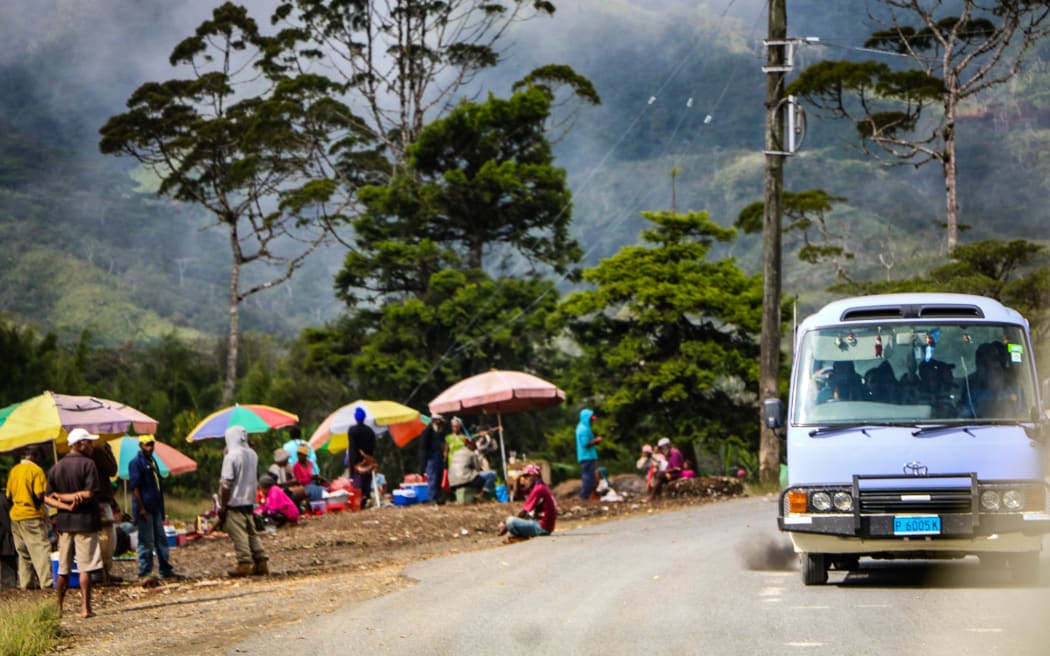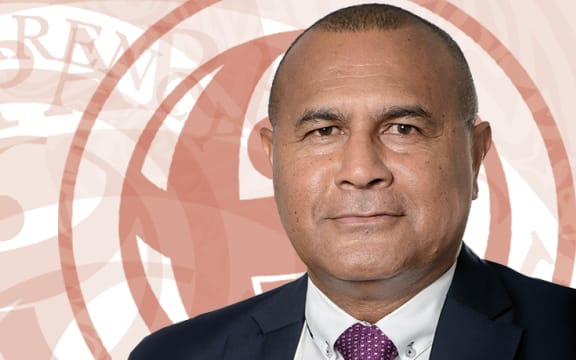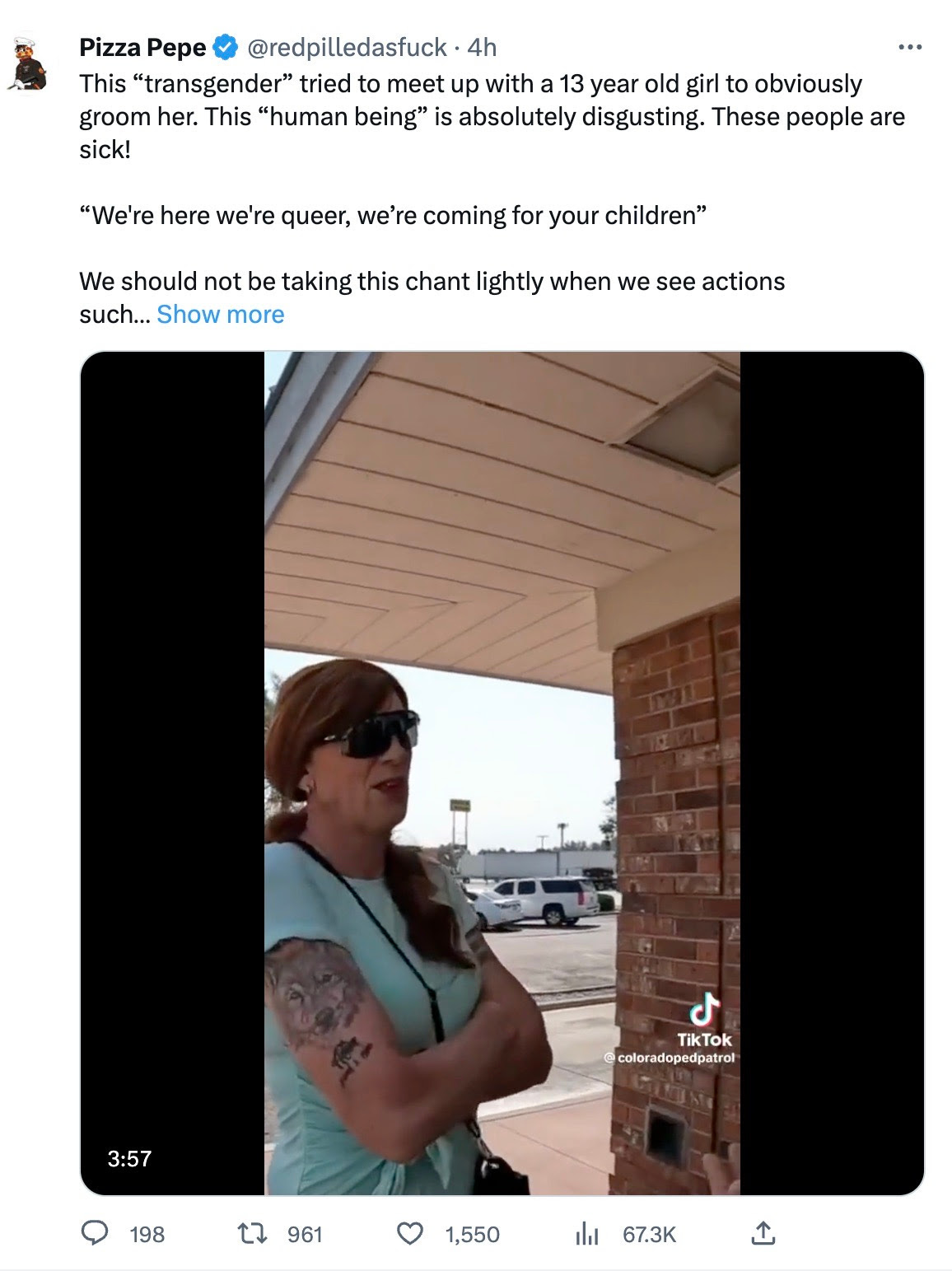ANALYSIS: By François Dubet, Université de Bordeaux
Although they never fail to take us aback, French riots have followed the same distinct pattern ever since protests broke out in the eastern suburbs of Lyon in 1981, an episode known as the “summer of Minguettes”: a young person is killed or seriously injured by the police, triggering an outpouring of violence in the affected neighbourhood and nearby.
Sometimes, as in the case of the 2005 riots and of this past week’s, it is every rough neighbourhood that flares up.
Throughout the past 40 years in France, urban revolts have been dominated by the rage of young people who attack the symbols of order and the state: town halls, social centres, schools, and shops.
An institutional and political vacuum
That rage is the kind that leads one to destroy one’s own neighbourhood, for all to see.
Residents condemn these acts, but can also understand the motivation. Elected representatives, associations, churches and mosques, social workers and teachers admit their powerlessness, revealing an institutional and political vacuum.
Of all the revolts, the summer of the Minguettes was the only one to pave the way to a social movement: the March for Equality and Against Racism in December 1983.
Numbering more than 100,000 people and prominently covered by the media, it was France’s first demonstration of its kind. Left-leaning newspaper Libération nicknamed it “La Marche des Beurs”, a colloquial term that refers to Europeans whose parents or grandparents are from the Maghreb.
In the demonstrations that followed, no similar movement appears to have emerged from the ashes.
At each riot, politicians are quick to play well-worn roles: the right denounces the violence and goes on to stigmatise neighbourhoods and police victims; the left denounces injustice and promises social policies in the neighbourhoods.
In 2005, then Interior Minister Nicolas Sarkozy sided with the police. France’s current President, Emmanuel Macron, has expressed compassion for the teenager killed by the police in Nanterre, but politicians and presidents are hardly heard in the neighbourhoods concerned.
We then wait for silence to set in until the next time the problems of the banlieues (French suburbs) and its police are rediscovered by society at large.
Lessons to be learned
The recurrence of urban riots in France and their scenarios yield some relatively simple lessons.
First, the country’s urban policies miss their targets. Over the last 40 years, considerable efforts have been made to improve housing and facilities. Apartments are of better quality, there are social centres, schools, colleges and public transportation.
It would be wrong to say that these neighbourhoods have been abandoned.
On the other hand, the social and cultural diversity of disadvantaged suburbs has deteriorated. More often than not, the residents are poor or financially insecure, and are either descendants of immigrants or immigrants themselves.
Above all, when given the opportunity and the resources, those who can leave the banlieues soon do, only to be replaced by even poorer residents from further afield. Thus while the built environment is improving, the social environment is unravelling.
However reluctant people may be to talk about France’s disadvantaged neighbourhoods, the social process at work here is indeed one of ghettoisation – i.e., a growing divide between neighbourhoods and their environment, a self-containment reinforced from within. You go to the same school, the same social centre, you socialise with the same individuals, and you participate in the same more or less legal economy.
In spite of the cash and local representatives’ goodwill, people still feel excluded from society because of their origins, culture or religion. In spite of social policies and councillors’ work, the neighbourhoods have no institutional or political resources of their own.
Whereas the often communist-led “banlieues rouges” (“red suburbs”) benefited from the strong support of left-leaning political parties, trade unions and popular education movements, today’s banlieues hardly have any spokespeople. Social workers and teachers are full of goodwill, but many don’t live in the neighbourhoods where they work.
This disconnect works both ways, and the past days’ riots revealed that elected representatives and associations don’t have any hold on neighbourhoods where residents feel ignored and abandoned. Appeals for calm are going unheeded. The rift is not just social, it’s also political.
A constant face-off
With this in mind, we are increasingly seeing young people face off with the police. The two groups function like “gangs”, complete with their own hatreds and territories.
In this landscape, the state is reduced to legal violence and young people to their actual or potential delinquency.
The police are judged to be “mechanically” racist on the grounds that any young person is a priori a suspect. Young people feel hatred for the police, fuelling further police racism and youth violence.
Older residents would like to see more police officers to uphold order, but also support their own children and the frustrations and anger they feel.
This “war” is usually played out at a low level. When a young person dies, however, everything explodes and it’s back to the drawing board until the next uprising, which will surprise us just as much as the previous ones.
But there is something new in this tragic repetition. The first element is the rise of the far right — and not just on that side of the political spectrum. Racist accounts of the uprisings are taking hold, one that speaks of “barbarians” and immigration, and there’s fear that this could lead to success at the ballot box.
The second is the political and intellectual paralysis of the political left. While it denounces injustice and sometimes supports the riots, it does not appear to have put forward any political solution other than police reform.
So long as the process of ghettoisation continues, as France’s young people and security forces face off time and time again, it is hard to see how the next police blunder and the riots that follow won’t be just around the corner.
Dr François Dubet, professeur des universités émérite, Université de Bordeaux. This article is republished from The Conversation under a Creative Commons licence. Read the original article.
